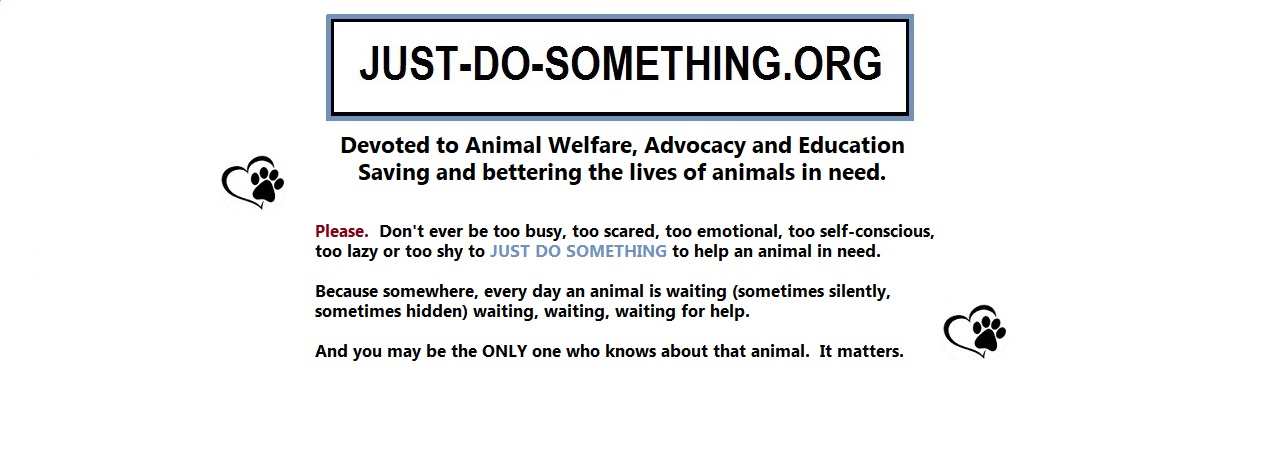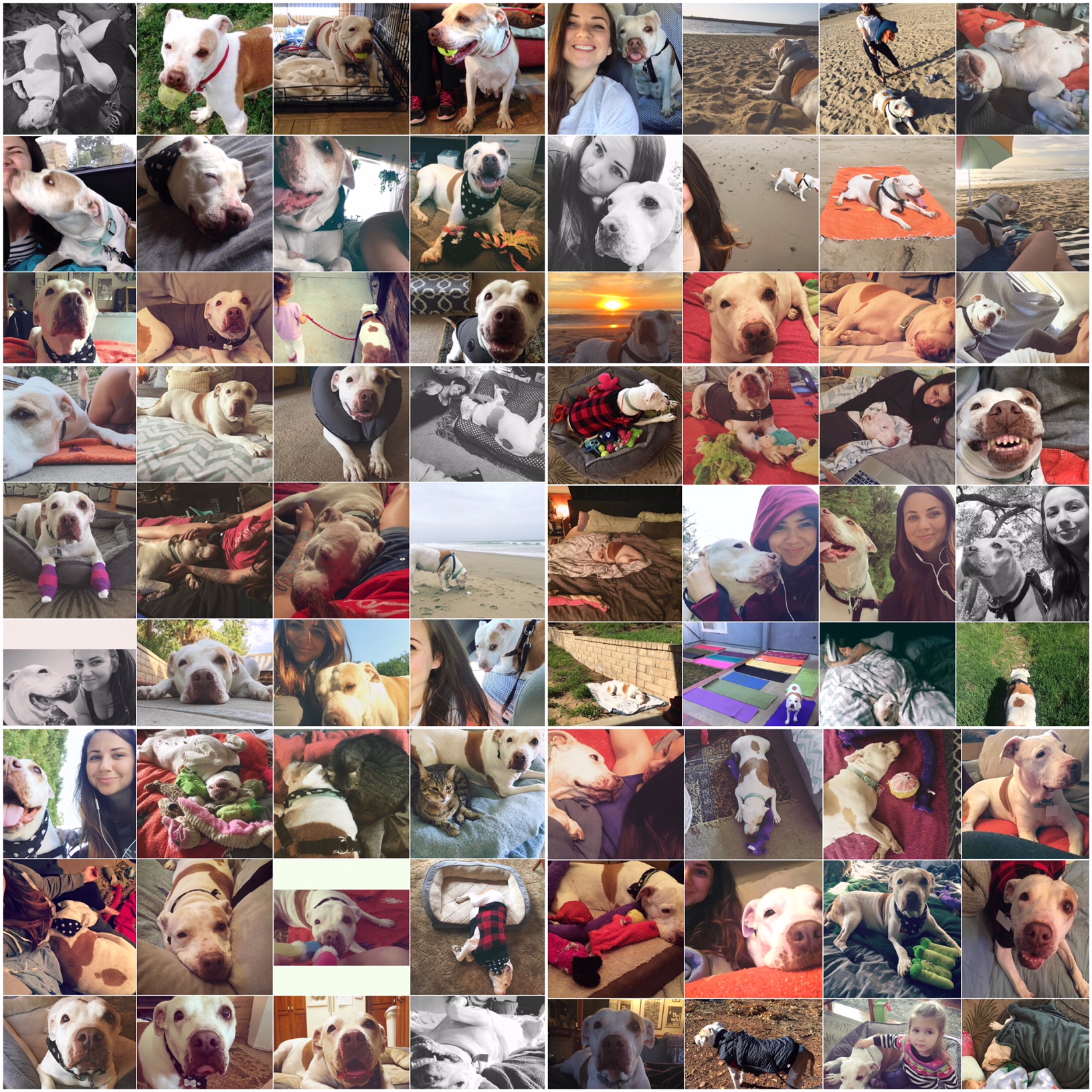Remember, it’s still Winter (from Janet)

It’s been unseasonably mild and warm in parts of Western NY this past week. In fact, around our house, sprouts of green are pushing through the soggy, cold and wet leaves, and some people are seeing buds on trees.
But remember, whether or not you see snow on the ground, remember that it’s STILL Winter. That means, cold nights and mornings, and worse yet, colder days and nights, and more snow to come.
With that said, here’s our reminder to you, to share, that WINTER SUCKS FOR MANY ANIMALS.
Did you know?
- There are roughly 7 million stray dogs and cats in the U.S. at any given time. And that’s just in the United States.
- Many people will not take in a stray dog or cat, especially during mild weather, and even during bad weather.
- There are many people who will not even call to report an animal left outside. And animals are left outside 24/7, yes, sadly, even in the harshest of Wintry weather.
When talking about stray (homeless, ownerless) animals, the majority of people take this to mean dogs and cats. But common stray animals are not the only animals to be negatively impacted by the harsh weather and circumstance. ANY animal (including wild animals and birds) can have a difficult time, depending on their environment and their health.
Never turn your back on any animal in distress or in danger. Of course, the species of animal and the situation should always be taken into thoughtful consideration before you make the decision to aide that animal yourself. Even a stray dog or cat can be a possible risk to you if that animal is ill or becomes frightened when trying to approach it. Not sure? Call your local authority. But NEVER turn your back on any animal in distress or in danger.
Many people, and animals, love the change of seasons. A crisp, crystal clear snowy day or a snowy-blowy night is something many enjoy and look forward to. Unless you’re an animal who is forgotten, kept outdoors 24/7, dumped, injured, hungry, cold, wet, stray, feral… add your own description here.
Unfortunately, many people think that leaving pets outside day and night in the Pre-Winter and Winter season without basic care and attention is enough. The days and nights leading up to Winter can be miserable on animals in general, not to mention Winter itself.
- Lack of always-available clean, fresh, cold water – it’s a myth that animals can “drink snow” to stay hydrated. Many animals die every year from winter dehydration. Licking snow and ice does not prevent dehydration. A heated birdbath that can be placed on the ground is a great way to ensure a steady supply of unfrozen water. Be sure to clean it as winter water can still get dirty.
- Lack of appropriate shelter from the elements – frost, cold rain, sleet, snow, hail, and wind. Animals can also get sunburn in the winter.
- Lack of appropriate winter coat (and don’t forget to bundle up your pet when taking him/her to the vet, for a walk, to the car).
- Lack of alleviation for allergy symptoms – yep, animals suffer from winter and food allergies also
- Lack of boredom alleviation from being kept in the same spot every day
- Food (and dish bowls with uneaten food) that sits out all day runs risk of becoming frozen, lost in the snow and ice and can attract other animals
- Unhygienic environments when an animal is forced to void, sleep, eat and pace in the same area
Not to mention (but we’re going to)
- Seasonal colds from damp, frozen wet grounds and cold temperatures
- Dehydration
- Sunburn
- Blisters, cut and sensitive spots on paws from cold, frozen ground (a pacing animal that walks in the same spots every day does NOT warm the ground s/he is walking on).
- Paw irritations and injuries from salt, and other de-icing products
- Allergies
- Hunger and thirst – many people don’t realize the number of animals who are deemed “outside animals” are FORGOTTEN more than one would think for regular feedings
By now, mostly everyone is aware about the importance of NEVER leaving ANY animal in a closed car on a hot day. The same goes for leaving animals unattended in cars on a super-cold day. If you’re cold – so are they. Remember, if YOU see ANY animal in an unhealthy, unsafe situation, JUST DO SOMETHING. Your action may be THE action to save a life.
“Fur” Real?
Many people have the misconception that because an animal has fur, that they are immune to cold weather tragedies. Not true! Even domestic animals that are left outside too long can suffer from frostbite and hypothermia.
- Even well meaning pet owners may not realize they should not simply put their animal outside for prolonged periods of time during the Winter. This is especially true for new pet owners who may not yet be well educated on environmental pet care and for elderly pet owners who may forget from time to time the importance of routinely checking on their pets once they are outside.
- Take the time to speak up if you see a domestic animal staying outside for too long. Especially those that are routinely chained in one place.
It matters to that animal. - Domestic pets that are in-door animals, should be limited in the amount of time spent outside in ANY element.
- If it’s cold enough for you to feel it and be affected, then chances are you pet is being affected too. Invite your pet inside for some warming time.
- If it’s cold enough for you to wear a jacket, then chances are your pet needs one also.
- Humans have boots; animals have paws. Although the bottom of your pet’s paws may feel rough, they are sensitive to cold (and hot). Cold surfaces like pavement and tarred driveways can burn and blister, cause frostbite, stones can tear and scrape, and other rough surfaces can do damage – AS CAN SALT AND OTHER DE-ICING PRODUCTS (and make your pet sick if s/he licks their paws after they come indoors). Most domestic animals dislike “booties”, so simply pay attention to the amount of time your pet is walking on surfaces that can cause irritation and injury, and take the time to gently wipe off paws after being outdoors. Especially if your pet has environmental allergies, which Winter falls under. A quick paw-soak or bath after playing in the snow can be a very soothing allergy-symptom reliever. NOTE: If your pet appears to be dealing with sore paws from winter irritation or allergy, causing licking, itching, and/or causing your pet to act unlike him or herself, a vet visit is in store.
Always be on the look-out for frostbite or hypothermia. - Is it a Winter cold rainy or snowy day? No-one likes to sit around and be soggy. Any soft, clean absorbent towel is great for drying off your pet after outdoor time. Be sure to routinely wash any toweling used to dry your pet.
- Speaking of drying off, if you plan on taking your pet to a dog park or swimming area in the colder weather, watch for signs of stress, hypothermia and/or infection.
Remember, YOU can just do something!
- First, always SPEAK UP.
Keep your eyes and ears open. If you become aware of a situation where ANY animal is in distress or danger, JUST DO SOMETHING about it. Call local authorities and WAIT until someone comes to the animal’s aide. You may be the ONLY witness and/or the ONLY one to help that animal in that situation. Don’t be nervous or worried if you have to report an act of animal abuse or neglect. YOU are their voice.If you are not sure about what you think you see, call for help anyway. You might be saving a life. - Provide shelter.
If bringing the animal inside your home is not an option, help him/her survive the cold by providing shelter such as a sturdy cardboard box or large Tupperware bin (cut a hole for an entry way) lined with a good amount of straw (straw is the main insulator that rescuers use when helping out strays or domestic outdoor animals who stay outside). Straw provides a soft but effective barrier against the cold, keeps warmth in (if you pile it in a good amount), is pliable enough so animals can burrow and surround themselves with it, and does not mold quickly. Don’t bother with towels and blankets as these will get wet in a storm and freeze. Enticing the animal into your garage will also work. Ensure proper bedding for warmth, as garages usually are not heated. When possible, change the straw. Make sure that harmful products normally stored in the garage are completely out of the way. Cars should never be running in the garage at any time if there is an animal in there! This is also a good time to mention that strays (especially cats) will find warmth during the winter in many unlikely places – so check under your car and in your car wheel-wells before driving off; parked cars provide warmth and shelter, so it’s a common place for a cold, homeless animal to seek out. - Provide food and water.
Did you know that many pet owners think that SNOW is a great substitute for water? Not true! If you’re uber committed to providing water in the winter, invest in a heated bird bath. Place it on the ground, for all to have access to.
Check out this informational about WATER in the winter!
Your knowledge on this COULD save a life.Providing stray animals with fresh, clean (dry) food and water can help them survive the cold because they will need to use less energy to scrounge up their dinner. A well-fed, well hydrated animal is also better prepared to fight off illness and infection. Steer clear of canned food as it is more likely to freeze when the temperatures drop. And check on water sources frequently for the same reason.
- If you do take in a stray animal, make sure your first stop is with a licensed veterinarian who can assess the animal for diseases and make sure that it is immunized and safe to be around your children or other pets.
- If you don’t want to bring the stray to a shelter, reach out to your local rescue groups to see if someone can take him/her.
Do you feed the birds in the winter?
GREAT, and thank you! In addition to providing them with fresh water (see #3), make sure that once you start putting out bird food, that you KEEP doing it through the wintry months. Why? Once a bird finds a winter food source, it will become dependent on being able to forage in that same area as an expected food source. Birds need to eat at least a much as it’s total body weight in food EVERY day just to survive another day of winter. The energy a bird takes to find food can become a deadly race to store energy OR go find a new food source. So, feed the birds in the same place, every day.
Not sure what kind of bird food is the best? During the winter, for the birds, it’s all about conserving energy and maintaining a healthy, daily weight. Best food for that is ANYTHING that does not have to be de-shelled or broken apart. Sunflower chips, peanut butter, peanut chips, and suet are Number One go-to’s for most Northern birds. Forget the bread and standard bag of bird seed – bread is harmful to most birds and ducks, and the round millet that comes in standard bird seed is not eaten by many wild birds; it looks like a lot of bird food in one bag, but a lot of it is filler.
Smear peanut butter on tree branches and rocks. Roll some sunflower chips with peanut butter, and put these little yummy ball treats out for all the birds to enjoy. Hang suet from feeders out of reach of squirrels. Anything you spread on the ground (nuts, seeds, chips) should be spread in an area that you can keep clear of snow as best you can. Little birds have a hard time “digging” in the snow for the bits and pieces – and that takes energy away from them. Make a point to clear snow out from your bird feeding area every day when possible. And, spread it out! Some birds are safer and will more readily eat closer to bushes than out in the open. Larger birds will push away the smaller birds – spreading out the food ensures that more birds will have a chance to eat.
Do you want to feed the ducks in the winter? A bag of corn works better than bread. See a Canada Goose all alone in the winter? Chances are, s/he is injured and needs attention. A bird that cannot fly in the winter, WILL DIE. Call someone to help.
WINTER KILLS ANIMALS.
No animal should suffer so horribly or needlessly.
You can help prevent that by doing right by any animal in need. Remember, not every “outdoor dog” you see chained is actually an outdoor dog. And not all cats are feral. Cats dumped during the winter months will most likely succumb to the elements, starvation or dehydration. Whatever you see, check it out and JUST DO SOMETHING- you may be the one person to save or better an animal’s life.
What are you doing to help animals combat the cold?
Share it with us, and we’ll pass it around! Your endeavors might just help someone else save a life…or just keep one warm!
Enjoy winter, and make it enjoyable for those that cannot speak for, or defend, themselves.







